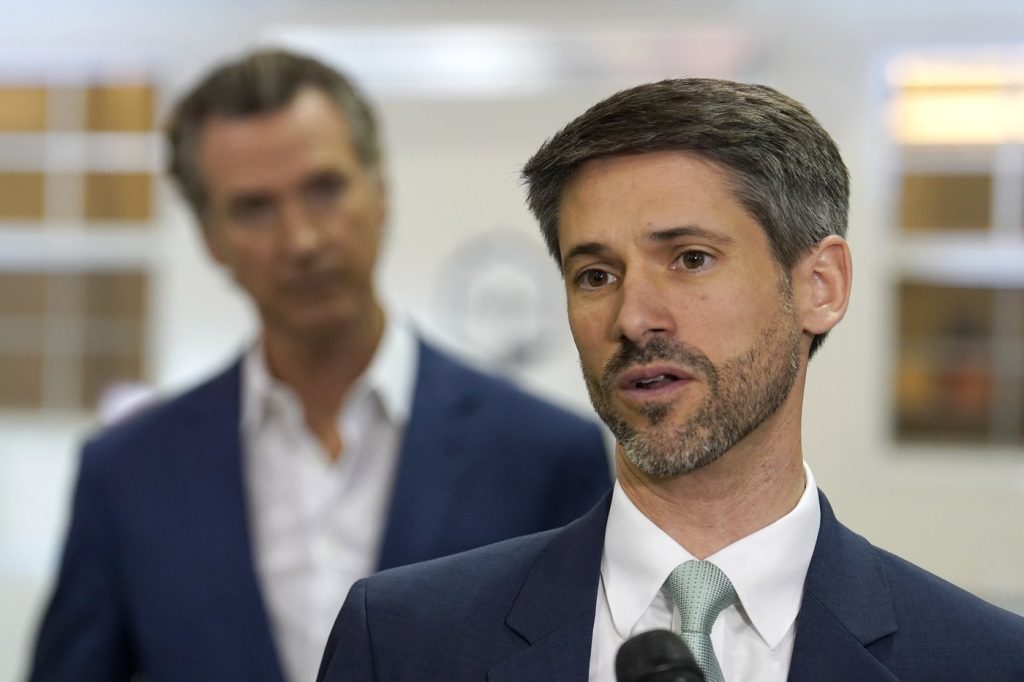SAN FRANCISCO (AP) — A new proposal in San Jose, led by Mayor Matt Mahan, suggests that homeless individuals who decline three offers of shelter may face arrest. This controversial measure is notable as it emerges from a traditionally liberal city in California's Silicon Valley, highlighting the growing frustration with visible homelessness and deteriorating living conditions in San Jose.
The proposal comes in the wake of a 2023 Supreme Court ruling, which made it easier for municipalities to prohibit homeless camping on public property. As California grapples with an astonishing homelessness crisis—approximately 187,000 individuals state-wide, accounting for about a quarter of the total homeless population in the United States—this proposal reflects a significant shift in approach among local officials. Residents have expressed dissatisfaction with the streets cluttered by tents and the erratic behaviors associated with substance abuse and mental distress.
Mayor Mahan has stated that while many homeless individuals do accept shelter offers, it is vital for those who consistently refuse to understand their responsibility in availing themselves of indoor accommodations as more shelters and interim housing become available. "I think we need a cultural change, a culture of accountability for everyone involved," he emphasized, while also clarifying that he intends to use the criminal justice system as a last resort to assist vulnerable populations.
California Governor Gavin Newsom, a Democrat and former mayor of San Francisco, has urged cities to take stronger action against encampments. Recent data shows that arrests for illegal lodging in San Francisco have surged, while San Francisco's Mayor Daniel Lurie has reiterated that living outdoors is inappropriate and should not be tolerated.
Opponents of the proposal, including advocates for homeless individuals, argue that enforcing stricter measures regarding encampments could be traumatizing and counterproductive. Otto Lee, president of the Santa Clara County Board of Supervisors, stated that for those with mental health issues or addiction, forced relocation without committing any crime is both inhumane and ineffective. He and other leaders express the need for more housing, beds, and supportive services rather than punitive measures.
Under the proposed "responsibility to shelter" framework, arrest is not a mandated consequence after three rejections. Following consultations with the city attorney and police, Mayor Mahan clarified that front-line outreach workers and police would have discretion in determining when a situation requires escalation. Additionally, the city plans to establish a six-officer quality of life unit within the police department to address such matters sensitively.
The proposal also includes stipulations for continued violations of the city's encampment code, which incorporates requirements such as keeping personal spaces free of trash and not obstructing public pathways. Individuals repeatedly violating these conditions could find themselves directed to recovery centers for detoxification or may be petitioned for court-mandated treatment for mental health and substance use disorders.
Currently, San Jose offers nearly 1,400 shelter spots, with plans to expand this capacity by an additional 800 by year-end. Acknowledging the insufficiency of available beds, Mayor Mahan assures that individuals will not face penalties in instances where sufficient or acceptable accommodations are not provided.










